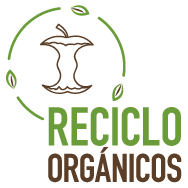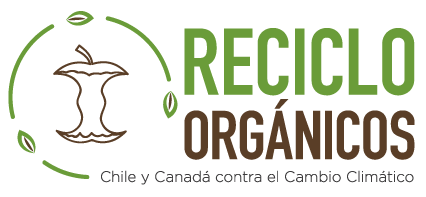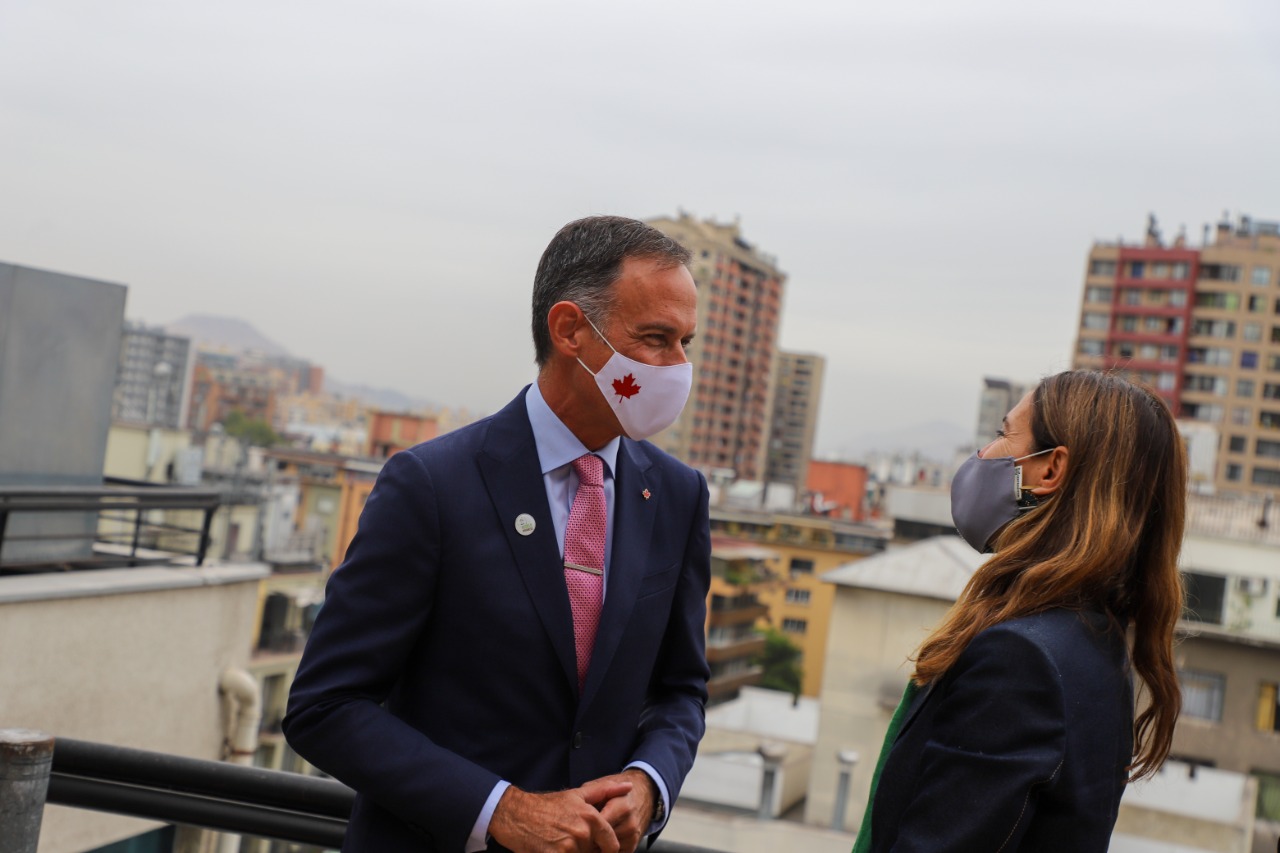Reducing methane is a critical intervention in global efforts to slow the climate crisis and reduce air pollution. It provides a multitude of clear and immediate benefits for not only the climate but for agriculture and for human health. In fact, reducing methane emissions may be the global warming strategy most likely to decrease warming in the next 20 years.
Methane is an extremely potent greenhouse gas — 86 times more powerful than carbon dioxide over 20 years — but it is relatively short-lived in the atmosphere lasting about a decade before breaking down. This means actions to reduce its emissions can rapidly reduce the rate of warming in the near-term. Most human-caused methane comes from three sectors: fossil fuels, agriculture and waste.
In 2017 Chile and Canada partnered to reduce emissions from the waste sector and achieve Chile’s Nationally Determined Contributions (NDCs) through the “Canada-Chile Programme to reduce emissions from the waste sector to support Nationally Determined Contributions implementation”. The programme is emblematic of the Climate and Clean Air Coalition (CCAC)’s role as a convening body, since the programme grew from the countries’ time together as the Coalition’s co-chairs.
This collaboration is part of Canada’s $2.65 billion climate financing commitment to help countries tackle the challenges of climate change and support their transition to low-carbon, resilient economies. It also falls under the auspices of the Canada-Chile Agreement on Environmental Cooperation (CCAEC).
The Canada-Chile Reciclo Organicos Programme is specifically designed to support policy development, strengthening Monitoring, Reporting and Verification (MRV) systems and technology deployment to reduce emissions. The programme also aims to help communities and citizens adopt climate-friendly practices in the waste sector. Since its launch in 2017 the programme has generated significant outcomes, including emissions reductions equivalent to 7.1 megatons of carbon and counting.
“Climate change is a global issue that requires global solutions. Canada is taking action at home to reduce emissions and achieve our own climate targets and is committed to helping those that need it the most,” said Franck Portalupi, Deputy Director, Climate Finance Implementation at Environment and Climate Change Canada, adding that “the Reciclo Organicos Programme exemplifies the cooperation between Canada and Chile and is a testimony of our respective countries’ willingness to work together and jointly address climate change.”
In Chile, organic waste makes up 58 percent of household waste but, according to Guillermo Gonzalez, Head of the Circular Economy Office at the country’s Ministry of the Environment, a great deal of the recycling efforts have focused on plastics, metals, and cardboards. Less than one percent of organic waste each year is recovered.
“If we want to tackle climate change, we definitely need to start diverting organic waste from landfills— that’s the only way to go and it has a lot of additional benefits,” said Gerardo Canales G., Coordinator of the Reciclo Organicos Programme.
A National Strategy on Organic Waste
One of the major accomplishments of the Reciclo Organicos Programme is the support provided to develop Chile’s National Organic Waste Strategy, which was launched in March 2021 and is part of Chile’s latest NDCs. The strategy sets the ambitious goal of increasing municipal organic waste recovery from 1 percent to 66 percent by 2040 through composting and reducing food waste. Its intermediate goal is to recover 30 percent by 2030. It also aims to have half a million families doing home composting, 5,000 schools and 500 neighborhoods practicing collective composting, and 50 percent of public institutions separating their waste.
Canada supported Chile throughout the strategy’s adoption process, including conducting more than 15 stakeholder workshops across the country to help draft the strategy.
“This Reciclo Organicos Programme has been and continues to be very fundamental to our work because it goes down to the ground level and helps to foster real world projects,” said González. “It’s been great to really learn by doing, to learn from experience, to realize what the real barriers are, what the real concerns from municipalities in different parts of the country are.”
The strategy recommends gradually starting to charge people for the waste they generate as a way to incentivize recycling. A gradual tax on landfilled industrial waste is being analyzed with the aim for it to be implemented after 5 years, followed by a tax on landfilled municipal waste after 10 years.
“This is a strategy that’s really connected to the reality on the ground in Chile,” González said of all of the consultation that went into drafting it. “This means that we’re able to put it into practice very fast.”
Chile hopes that the strategy will mean that by 2040, citizens will generate substantially less organic waste. For the waste they do generate, they’ll work to separate it at home and at work so that it can be composted or recycled. Chile will also scale up infrastructure to convert waste into energy and fertilizer.
Canales says one challenge of passing the strategy was the initial lack of awareness in the public and the private sector about the harms of improperly managed waste. When it comes to causes of climate change, he says people tend to think about the energy sector and the transport sector, but less about waste.
For the public sector, there was a compelling economic argument to be made— if municipalities start diverting organic waste from landfills, they will save money and also produce fewer emissions. Chile is also running out of landfill space and these strategies could double the lifespan of a landfill.
“I think by creating awareness and by proving that there are good economics behind it, we motivated the authorities to support a long term strategy on organics,” said Canales.
While in many places around the world, waste management is a municipal issue, this strategy is an exciting example of a national government getting involved in country-wide waste management.
Communication to engage citizens and municipalities on better waste practices
Fully implementing Chile’s national strategy on organic waste and meeting its NDCs will require massive mobilization of Chileans across the country to engage in composting and other waste reduction strategies.
“We need to get people to do the work and communicating this appropriately is therefore fundamental,” said González.
To improve communications Reciclo Organicos contributed to the development of several public education resources including a manual on home composting for widespread distribution, a manual on composting for mayors and municipalities, and teacher presentations for schools. In addition, the programme facilitated dozens of webinars for nonprofits organizations and citizens, raising community awareness of the linkages between waste management and climate change.
The programme is also engaging the private sector, development banks and financiers to accelerate the implementation of the strategy.
The use of social media platforms (Twitter, Facebook, and Instagram) is an important element to engage as many citizens as possible. The Programme’s Instagram account has particularly taken off, with an impressive 60,000 followers. It provides practical and visual tips about composting at home, troubleshooting your composter, and reducing household food waste.
Effective Measurement, reporting, and verification (MRV)
Canada and Chile see effective MRV systems as the key to unlocking NDC implementation and access to financing.
As such, Canada and Chile agreed, as part of the Reciclo Organicos Programme, to develop a comprehensive MRV framework for Chile’s waste management sector.
Like many places, Chile lacks some of the infrastructure and technical expertise to properly calculate their emissions and their emissions reductions. It is extremely hard to change something if you can’t measure it— and it is particularly hard to measure how close Chile is to implementing their NDCs.
With financial and technical assistance from the programme, Chile developed verification methodologies to track emissions. The country is currently piloting digital verification using blockchain technology which automatically calculates current emissions and potential reductions.
In addition, Canada and Chile are using the results as the basis for a “virtual pilot”, where the two countries simulate what it would be like to trade emissions reductions to be counted against their NDC targets in accordance with Article 6 of the Paris Agreement. Through the virtual pilot, officials gained practical insights into how they can ensure environmental integrity and prevent double-counting, should they later decide to participate in emerging international carbon markets.
Connecting Chilean Municipalities to Funding
The Reciclo Organicos Programme has helped get funding for waste management projects into the hands of municipalities faster. For example, the programme funded waste project initiation activities such as technical assistance for detailed engineering, and a simple funding application blueprint. These helped cut the time for receiving funding down to a few years for some projects.
Taking action on waste and supporting NDC implementation is an important component of the CCAC’s mandate with the goal to ensure that climate change and air pollution wins are spread equitably across the entire planet.
“The CCAC is an excellent multilateral platform to disseminate the outcomes, the best practices and the lessons learned to member countries and encourage them to implement similar approaches,” said Portalupi.
Fuente: https://www.ccacoalition.org/




